Vision and Values
The Society of Professionals in Emergency Care’s (SoPEC) mission is to provide quality, evidence-based learning opportunities for emergency practitioners regardless of language, geographical location or finances with the purpose of advancing emergency care by creating situations for emergency practitioners to challenge themselves and develop life-long learning practices.
How that looks in EPICC:
- We will assist more remote, less resourced areas in providing EPICC in innovative and creative means by exploring tele-education and alternate delivery methods
- We deliver EPICC in both official languages (English and French)
| SoPEC Value | How that looks in EPICC |
|---|---|
| We believe that we live in a community where knowledge is outdated very quickly and that we have a responsibility to provide a credible resource support. | There is an online support and resource which can be constantly upgraded to the most current practices and knowledge reflecting evidence-based best practice |
| We believe in providing authentic realistic learning opportunities. | Clinical vignettes that were developed by ED nurses across Canada who were identified for their ED expertise and experience Case studies that can be adapted to reflect the needs of the specific nurses’ practice area and/or country’s cultural clinical environment Clinical scenarios were based on the Core Competencies for ED nurses that were developed by the National Emergency Nurses Association |
| We believe in meaningful, self-directed, experiential and transformative learning. | There are FACILITATORS rather than INSTRUCTORS Classroom scenarios, case-based learning, simulation which reflect “real-life” common ED clinical presentations Classroom scenarios and case studies that test the abilities of nurses to apply new knowledge and skills in a safe learning environment Facilitators that build on the prior knowledge and self-identified learning needs of participants that were revealed during the classroom scenarios and case studies. Case scenarios that go beyond the initial resuscitative efforts and focus on developing a plan to identify patient problems, objective criteria that would determine whether the patient is improving and the plan to achieve the objectives |
| We believe that safe patient care and good emergency department operations should identify areas where there are gaps in care and/or failures that exist and attempt to mitigate them as best as possible. We believe that teamwork is essential to safe patient care. We believe that learning emerges through open and constructive discussion and reflection within the group. We believe that the learning process is shared between the facilitators and the learners. | All activities encourage participants to work as a team. At the end of each session, there is a group discussion/debriefing as a team to identify areas where gaps and or failures exist. In each session there is a facilitator led discussion with the participants contributing to the learning and knowledge sharing. |
| We believe in an assessment FOR learning and not an assessment OF learning. | A formative assessment tool that is done prior to the course (self-assessment) and at the end of each day in discussion with the facilitator (frequent and collaborative feedback). This assessment identifies learning goals for each day and ongoing goal setting upon completion of the course. |

